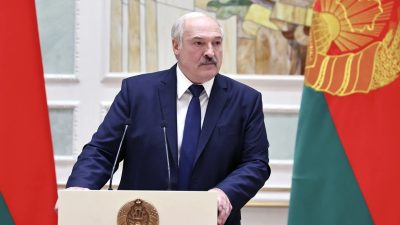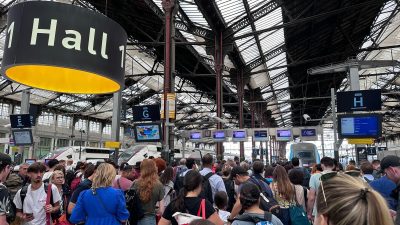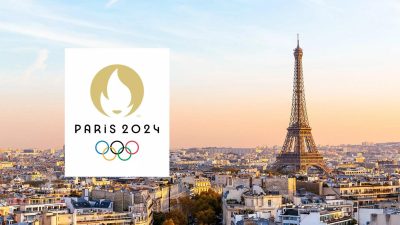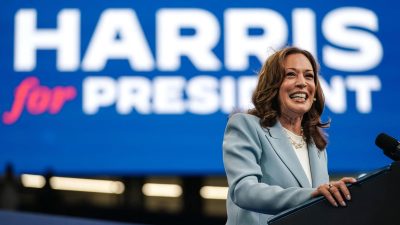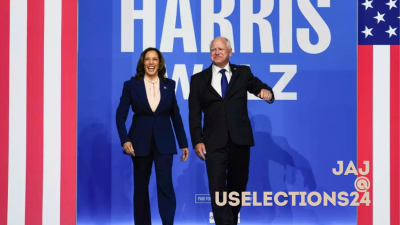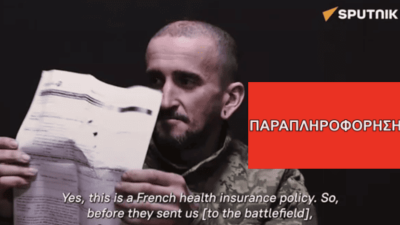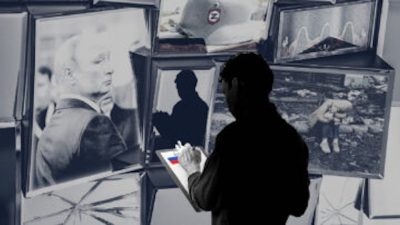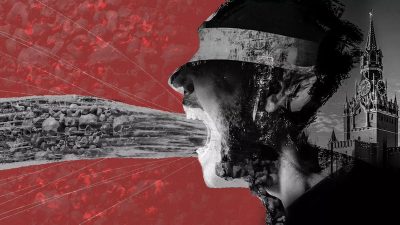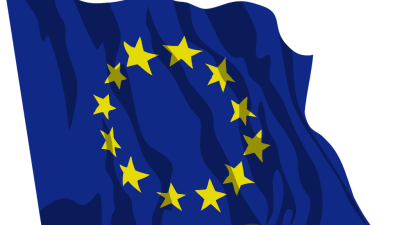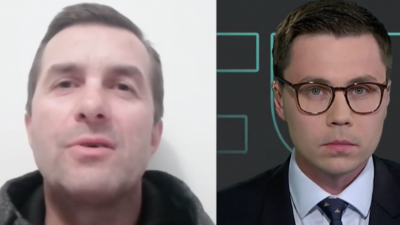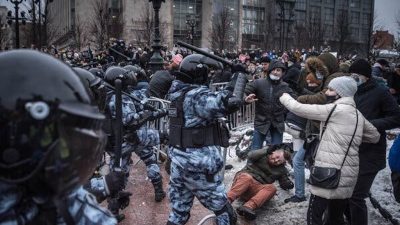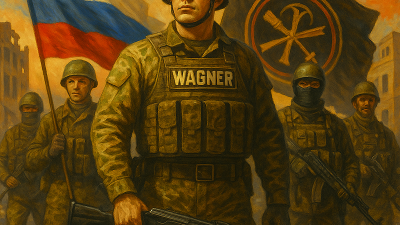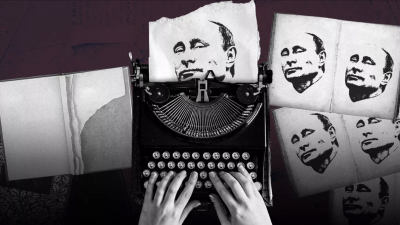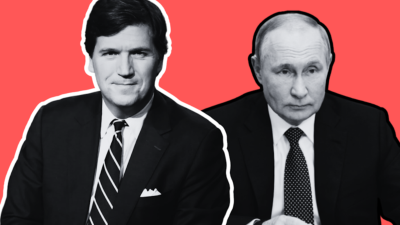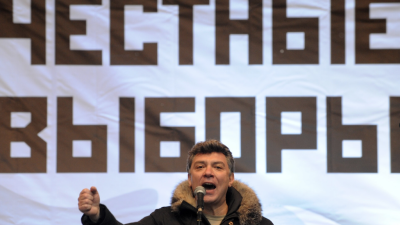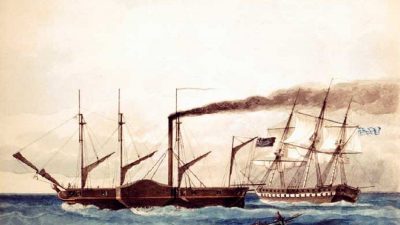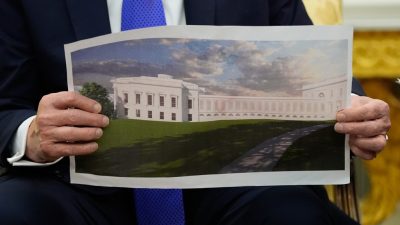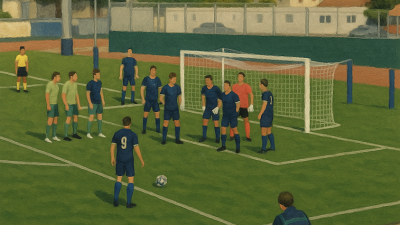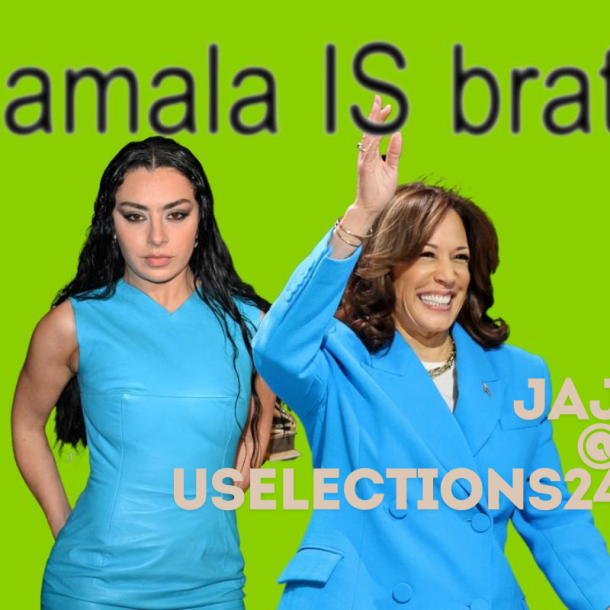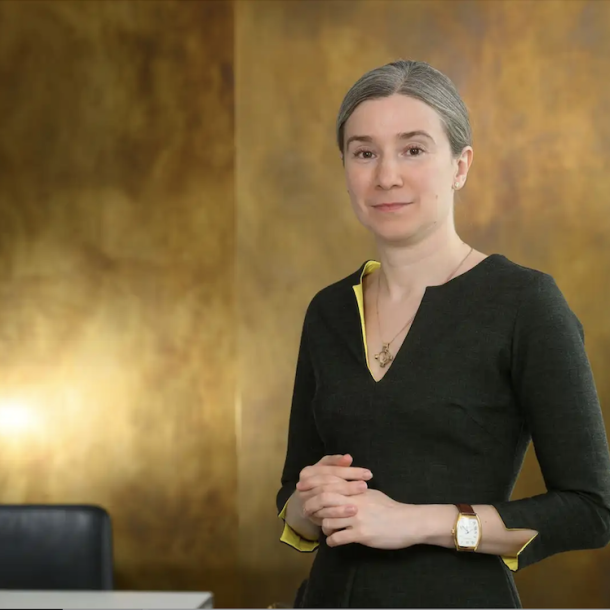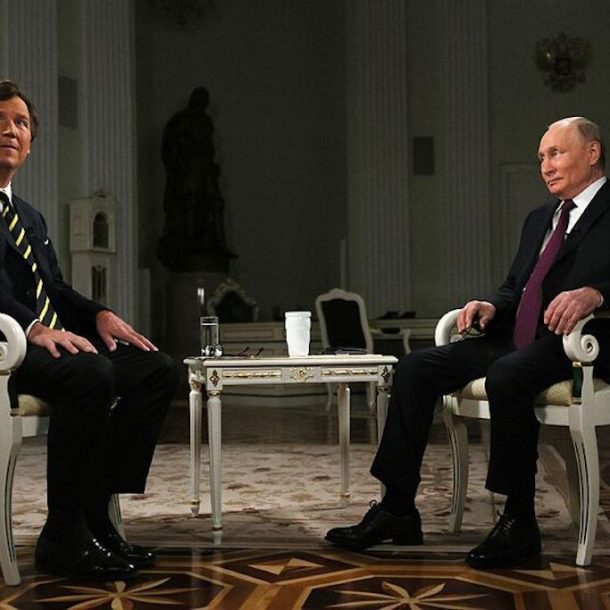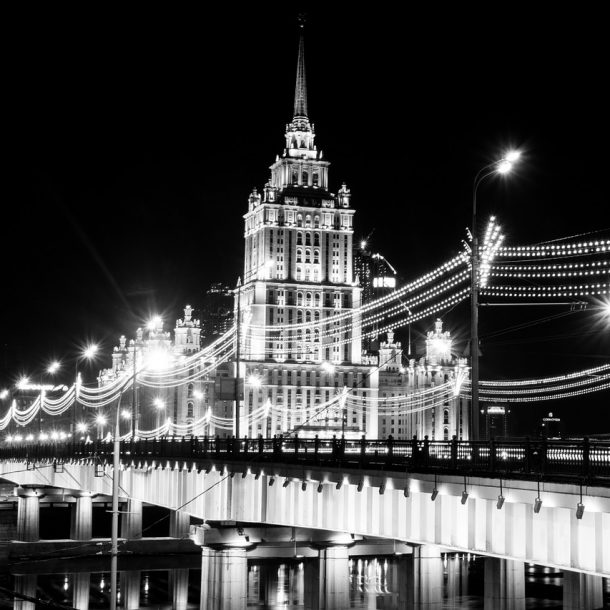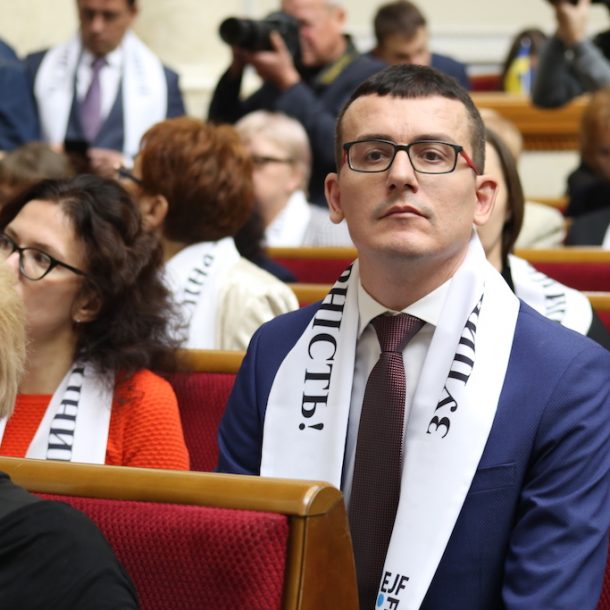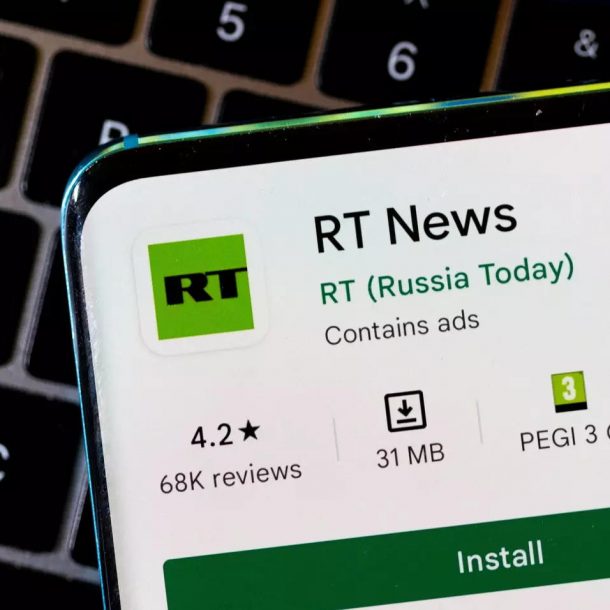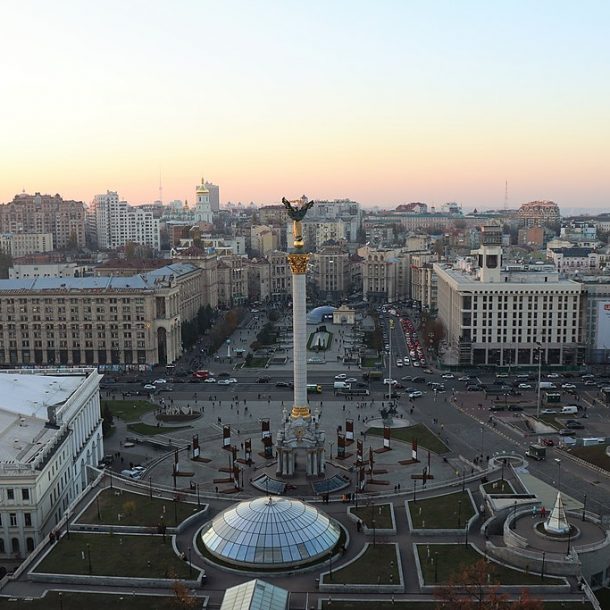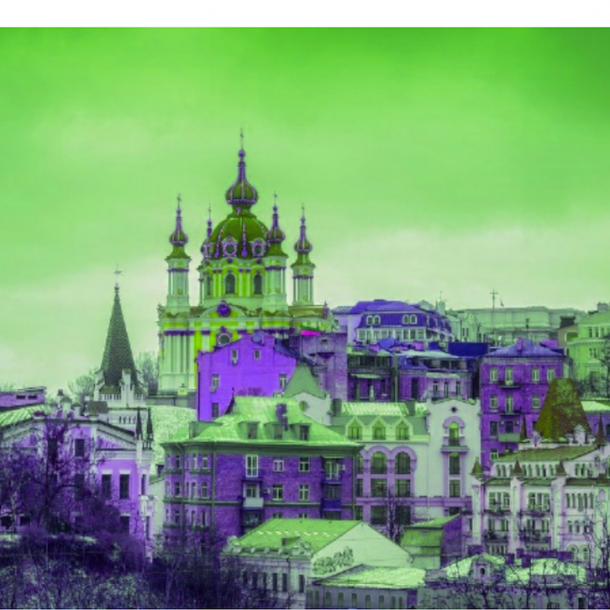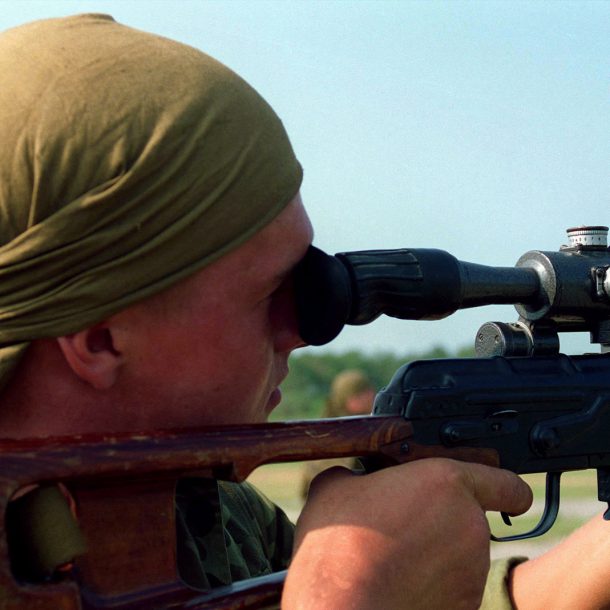Elliott Abrams, U.S. Special Representative for Venezuela told jaj that the Russian disinformation campaign trying to portray U.S. humanitarian aid as malign interference “really discredits itself; it’s so completely ridiculous”.
Russian Foreign Ministry spokeswoman Maria Zakharova accused the U.S. on Thursday of planning to use the island of Curacao as a base to intervene militarily in Venezuela under the guise of humanitarian aid.
“We’ve taken note of the agreement signed between the Netherlands and the United States on using the infrastructures of the Curacao island for humanitarian supplies to Venezuela,” Zakharova said, according to the state-run TASS news agency. “At first sight, this agreement merely opens access for U.S. officials to Curacao’s infrastructures exclusively for providing humanitarian aid, but, as it has turned out, this deal does not rule out the possibility of using not only civilian but other means of delivery. Of what type? Clearly, military ones.”
Elliott Abrams, U.S. Special Representative for Venezuela told jaj that the Russian disinformation campaign trying to portray U.S. humanitarian aid as malign interference “really discredits itself; it’s so completely ridiculous”. More specifically Abrams made it clear that most journalists covering the political crisis in Venezuela know that “this really is [sic: Russian] disinformation”.
The U.S delivered a humanitarian aid shipment to Cucuta, Colombia on a US Air Force C-130 plane, on March 7th. According to reliefweb.int since February 4, 2019, the United States has pre-positioned hundreds of metric tons of critical relief supplies in Colombia and Brazil-procured both locally and internationally-to help tens of thousands in Venezuela.
Concerning the aid delivered by the U.S, Elliott Abrams told JaJ that “the United States provided some aid, and we had journalists all over those warehouses” adding that the U.S “would be happy to work with the Catholic Church in Venezuela”. Abrams highlighted that “anyone who wants to inspect the aid can do so.”
“The U.S. military planes were used because we wanted to try to get as much aid down there as quickly as possible. But we are completely open about what we are bringing, and any kind of legitimate inspection regime would be perfectly welcomed”, said the US Special Representative.
The United Nations estimates that about a quarter of Venezuelans are in need of humanitarian assistance, according to an internal U.N. report obtained by Reuters.
The Permanent Council of the Organization of American States (OAS) approved the resolution “Humanitarian Assistance in Venezuela“, on Wednesday 27thMarch, in which it encourages member states, permanent observers, and the competent international organizations “to continue providing support and implementing measures to address the humanitarian crisis in Venezuela.”
In addition, it urges Venezuelan public institutions especially the military and police establishments, “to refrain from blocking the entry of humanitarian aid into Venezuela, duly respecting the humanitarian principles of humanity, impartiality, neutrality, and operational independence of humanitarian assistance, as well as respect for human rights.”
The resolution was approved with 19 votes in favor (Argentina, The Bahamas, Brazil, Canada, Chile, Colombia, Costa Rica, Ecuador, United States, Guatemala, Guyana, Haiti, Honduras, Jamaica, Panama, Paraguay, Peru, Dominican Republic, and Saint Lucia), 5 votes against (Antigua and Barbuda, Nicaragua, Saint Vincent and the Grenadines, Uruguay and Venezuela), 8 abstentions (Barbados, Belize, Bolivia, El Salvador, Mexico, Saint Kitts and Nevis, Suriname and Trinidad and Tobago) and two absent countries (Dominica and Grenada).
The resolution notes the concern of the countries “that Venezuela’s closure of its borders with Brazil and Colombia has in fact prevented the population, especially the most vulnerable, from obtaining food, medicines, medical treatment, and educational opportunities” and concern over the collapse of Venezuela’s health care system, “which has led to the reappearance of infectious diseases previously eradicated in Venezuela as well as in bordering countries and in the region.”
U.S. President Donald Trump on Wednesday called on Russia to pull its troops from Venezuela and said that “all options” were open to make that happen.
The arrival of two Russian air force planes outside Caracas on Saturday believed to be carrying nearly 100 Russian special forces and cybersecurity personnel has escalated the political crisis in Venezuela. Zakharova said on Thursday that they were “specialists” sent to Venezuela under a military cooperation agreement and will stay as long as needed.


